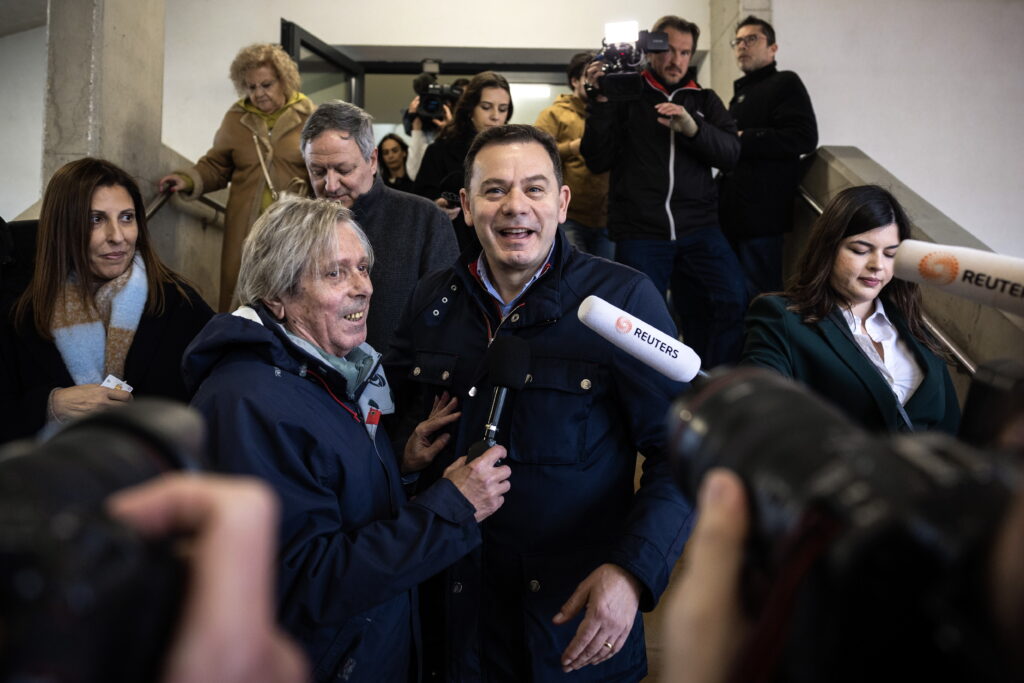The XXIV Constitutional Government will include 17 ministers in addition to the prime minister, a number similar to that of António Costa's last executive, and will be the third most equal in democracy, with 41% of the government team made up of women.
According to the composition of the Government proposed today by the Prime Minister-designate, Luís Montenegro, and to which the President of the Republic gave his assent, the executive will have a total of 17 ministers.
This number is equal to that of the last Government of António Costa, which is now ending its functions, and also to the first led by the outgoing Prime Minister, who took office in 2015.
Furthermore, it is necessary to go back to the beginning of the century to find executives with similar numbers: both the XV Constitutional Government (2002-2004), led by Durão Barroso, and the XIV (1999-2002), which had António Guterres as prime minister , also had 17 ministers.
In the history of Portuguese democracy, there have been six executives with 17 ministers, not counting the prime minister, and only four, out of a total of 23, had a higher number.
The last Government of Aníbal Cavaco Silva (1991-1995), the first of António Guterres (1995-1999) and the executive of Santana Lopes (2004-2005) all took office with 18 ministers. The XXII Constitutional Government (2019-2022), António Costa's second, began office with 19 ministers, the largest number in the history of Portuguese democracy.
In terms of gender equality, the executive presented today by Luís Montenegro to the President of the Republic is the third most equal in the history of Portuguese democracy, with 41% of the government team made up of women, less than the last two executives.
There are, in total, seven women: Rita Júdice (Minister of Justice), Margarida Blasco (Minister of Internal Administration), Ana Paula Martins (Minister of Health), Maria do Rosário Palma Ramalho (Minister of Labor, Solidarity and Social Security), Maria da Graça Carvalho (Minister of Environment and Energy), Margarida Balseiro Lopes (Minister of Youth and Modernization) and Dalila Rodrigues (Minister of Culture).
This number is only surpassed by two of António Costa's executives: the XXII and XXIII Constitutional Government, which is now ending its functions. The latter was the executive that took office with the most women in the history of Portuguese democracy (nine) and the first made up of more female ministers than male ministers, with 52% of the government team being made up of women.
In relation to the XXII Constitutional Government, Costa's second, the executive presented today by Luís Montenegro only has one less woman (seven, compared to eight), but the proportion is almost similar: currently there are 41%, compared to 42% in 2019.



















Comments